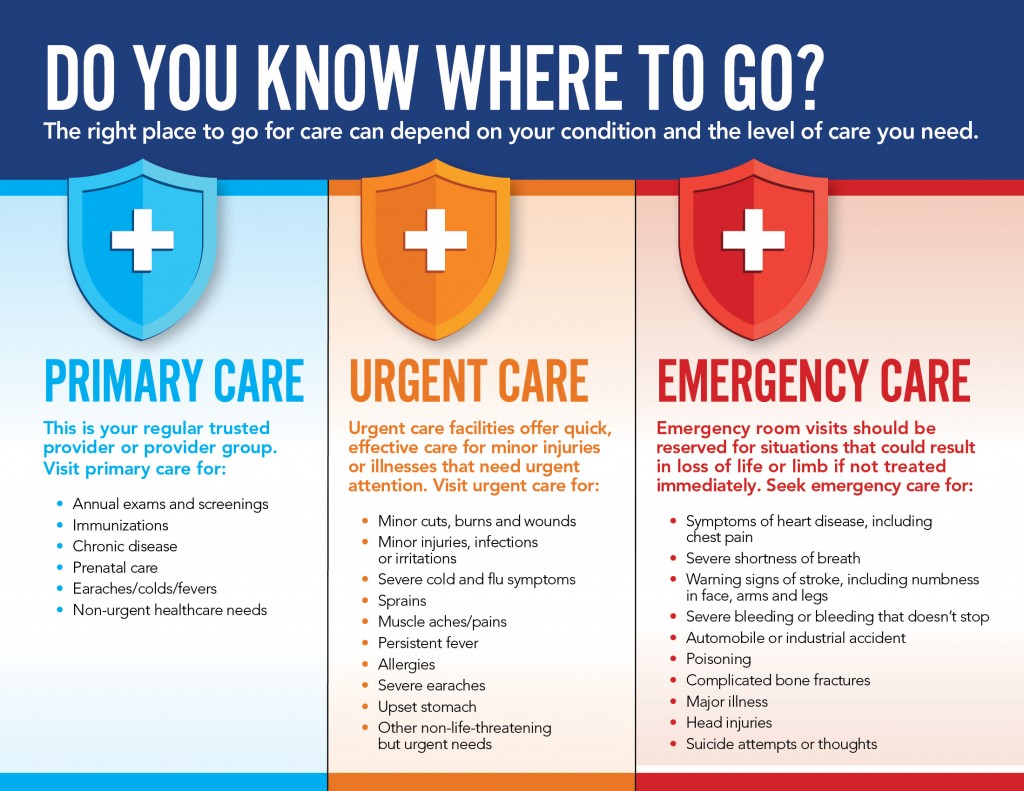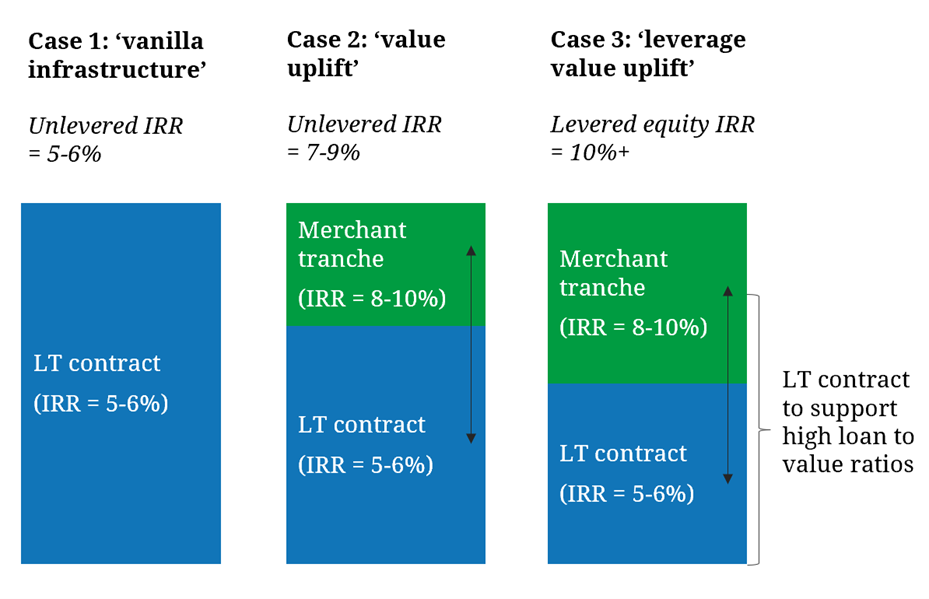Mental Health Care: The Urgent Need For Improvement

Table of Contents
Limited Access to Mental Healthcare Services
Geographical barriers significantly limit access to mental healthcare services, particularly in rural and underserved communities. Many individuals residing in these areas lack readily available mental health professionals, resulting in long travel distances and financial constraints that prevent them from seeking necessary care. The problem is compounded by affordability and insurance coverage challenges. The high cost of therapy, medication, and other mental health treatments places an insurmountable burden on many, particularly those with limited financial resources. Even with insurance, high deductibles and co-pays can make accessing care prohibitively expensive. Furthermore, a critical shortage of mental health professionals – psychiatrists, therapists, counselors, and social workers – exacerbates the issue, leading to extensive wait times for appointments. This delay in receiving crucial treatment can have severe consequences for individuals struggling with mental health conditions.
- Lack of culturally competent services: Many communities lack mental health services tailored to their specific cultural and linguistic needs.
- Stigma surrounding mental health treatment: The widespread stigma associated with mental illness prevents many from seeking help, fearing judgment or discrimination.
- Inadequate integration of mental healthcare into primary care settings: The lack of seamless integration between primary care and mental healthcare limits early identification and intervention for mental health concerns.
Inadequate Mental Health Treatment and Support
Current treatment models for various mental health conditions often fall short of providing comprehensive and effective care. Funding for research into new and innovative treatments, including preventative measures, is significantly inadequate, hindering the development of more effective therapies. Moreover, many treatment approaches lack a holistic perspective, neglecting the social determinants of health that significantly impact mental wellbeing. Addressing the root causes of mental health challenges, such as poverty, housing insecurity, and lack of social support, is crucial for long-term success.
- Insufficient emphasis on preventative mental health strategies: Proactive measures to promote mental wellness and identify early warning signs are often overlooked.
- Limited access to innovative treatments: Innovative approaches like telehealth and digital mental health platforms, which can improve access, especially in remote areas, often lack widespread implementation.
- Need for improved training and support for mental health professionals: Continuous professional development and access to resources are vital to ensure high-quality mental health care.
The Impact of Stigma and Discrimination on Mental Healthcare
The pervasive stigma surrounding mental illness creates significant barriers to accessing care. The fear of judgment, discrimination, and social isolation prevents many from seeking help. This stigma extends beyond personal experiences, affecting individuals in various aspects of their lives. Discrimination in employment, housing, and social settings is sadly common, further marginalizing individuals with mental health conditions. Combating this requires substantial public awareness campaigns and educational initiatives to challenge misconceptions and promote understanding.
- Negative media portrayals contributing to societal misconceptions: Media representations often perpetuate stereotypes, reinforcing negative attitudes towards mental illness.
- Lack of understanding from family and friends impacting support networks: Lack of knowledge and empathy from loved ones can further isolate individuals and discourage help-seeking behaviors.
- The urgent need for inclusive language and respectful representation in media and society: Promoting positive and accurate portrayals is vital in challenging stigma and fostering empathy.
Potential Solutions for Improving Mental Health Care
Addressing the crisis in mental health care requires a multifaceted approach. Increased funding for mental healthcare services is paramount, ensuring access to quality treatment for all. Policy changes are crucial to improve the affordability and accessibility of mental healthcare, including expanding insurance coverage and reducing out-of-pocket costs. Expanding the mental health workforce through comprehensive training programs and scholarships is essential to meet the growing demand for mental health professionals. The utilization of technology and innovative approaches, such as telehealth and mobile mental health apps, can significantly enhance access to care, especially in underserved communities.
- Investment in community-based mental health programs: Community-based services provide accessible and culturally relevant care, reducing barriers to treatment.
- Integration of mental health services in schools and workplaces: Early intervention and support within these settings can help identify and address mental health issues proactively.
- Improved data collection and analysis: Tracking key metrics will help identify gaps in care and monitor the effectiveness of interventions.
Conclusion: A Call to Action for Better Mental Health Care
The challenges facing mental health care are significant, but not insurmountable. By addressing the limitations in access, treatment, and support, alongside the pervasive stigma, we can create a system that truly supports the mental wellbeing of individuals and communities. Increased funding, policy changes, workforce expansion, and the adoption of innovative approaches are all crucial steps towards achieving this goal. We must act now. Contact your elected officials, support mental health charities, and raise awareness among your friends, family, and communities. Investing in better mental healthcare is investing in a healthier and more productive society. Let's work together to build a future where everyone has access to the mental health support they need.

Featured Posts
-
 Lotto Results Wednesday April 9th Winning Numbers Announced
May 03, 2025
Lotto Results Wednesday April 9th Winning Numbers Announced
May 03, 2025 -
 Joseph Sur Tf 1 Avis Complet Sur La Nouvelle Serie Policiere
May 03, 2025
Joseph Sur Tf 1 Avis Complet Sur La Nouvelle Serie Policiere
May 03, 2025 -
 Tarykh Isdar Blay Styshn 6 Twqeat Wthdythat
May 03, 2025
Tarykh Isdar Blay Styshn 6 Twqeat Wthdythat
May 03, 2025 -
 Loyle Carners Fatherhood New Album And Glastonbury Performance
May 03, 2025
Loyle Carners Fatherhood New Album And Glastonbury Performance
May 03, 2025 -
 Declaration De Macron Sur La Militarisation Potentielle De L Aide A Gaza
May 03, 2025
Declaration De Macron Sur La Militarisation Potentielle De L Aide A Gaza
May 03, 2025
Latest Posts
-
 Belgiums Energy Landscape Financing Options For A 270 M Wh Bess Project
May 04, 2025
Belgiums Energy Landscape Financing Options For A 270 M Wh Bess Project
May 04, 2025 -
 Case Study Financing A 270 M Wh Bess In Belgiums Merchant Market
May 04, 2025
Case Study Financing A 270 M Wh Bess In Belgiums Merchant Market
May 04, 2025 -
 Risk Assessment And Mitigation In Financing A 270 M Wh Bess Project In Belgium
May 04, 2025
Risk Assessment And Mitigation In Financing A 270 M Wh Bess Project In Belgium
May 04, 2025 -
 Financial Models For A 270 M Wh Battery Energy Storage System Bess Project In Belgium
May 04, 2025
Financial Models For A 270 M Wh Battery Energy Storage System Bess Project In Belgium
May 04, 2025 -
 Investment Strategies For A 270 M Wh Bess In Belgiums Competitive Energy Market
May 04, 2025
Investment Strategies For A 270 M Wh Bess In Belgiums Competitive Energy Market
May 04, 2025
